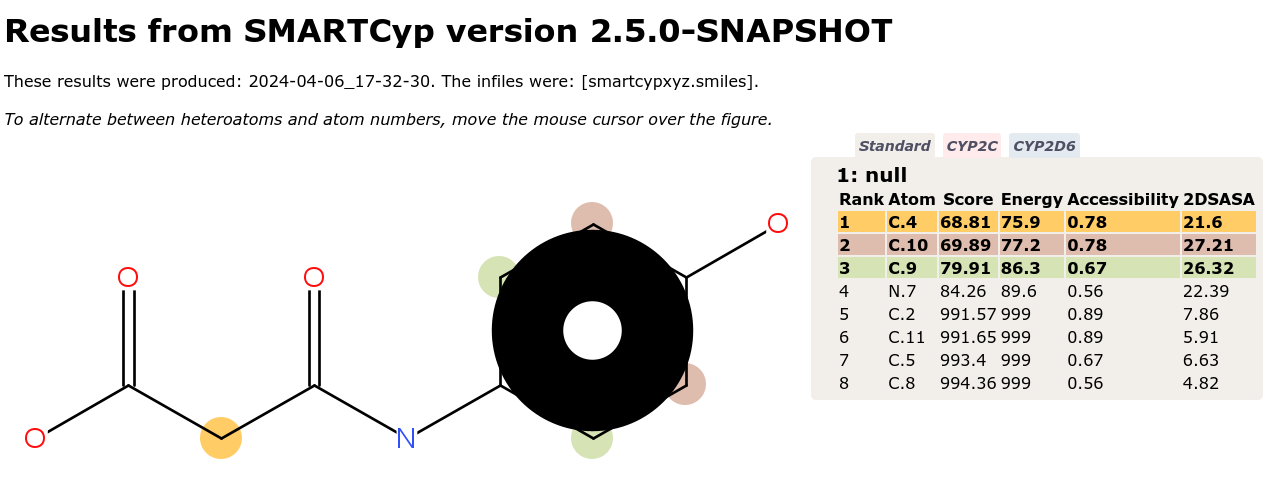cdk2024 #1: NWO Open Science grant for the Chemistry Development Kit
We recently got awarded our second NWO Open Science grant (OSF23.2.097), this time for the Chemistry Development Kit (CDK). “We” here is me and Alyanne de Haan, René van der Ploeg, and Marc Teunis from Hogeschool Utrecht. The proposal has been submitted for public dissemination in RIO Journal, like we did with the first NWO Open Science grant.
The project formally started on April 1 but we had our kick-off meeting in Maastricht on April 4-5. We were joined by Javier and on the second day by Marvin, and Ozan from our BiGCaT research group in Maastricht. During this hackathon, I gave a (repeat) presentation about the history of the CDK which also included the problem that software using the CDK does not always use the most recent version.
And that, upgrading tools using the CDK with the latest CDK version, is the main topic of this grant (work package 2, WP2). The full proposal has the focus list of tools, but most of it is also listed in the issue tracker we have set up as project management tool on GitHub.
Second, we actually hacked together on two first tools, one on our focus list, but the other that was requested we have a look at too: SMARTCyp. The latest version uses RDKit (doi:10.1093/bioinformatics/btz037), but the original version uses the CDK (doi:10.1021/ml100016x).
We downloaded the source code of SMARTCyp 2.4.2, started taking notes, Javier started a Maven build environment, updated a lot of code, but we seem quite close to a version that can be tested by people that have integrated SMARTCyp in other tools. This is based on CDK 2.9 and if you ignore the 2D depiction glitch, it looks it was a nice first choice:

On a final note, we plan to record carefully our steps, in an open notebook science approach, with the intention to extract general upgrade steps. For example, we will update the Migration section of the Groovy Cheminformatics with the Chemistry Development Kit.